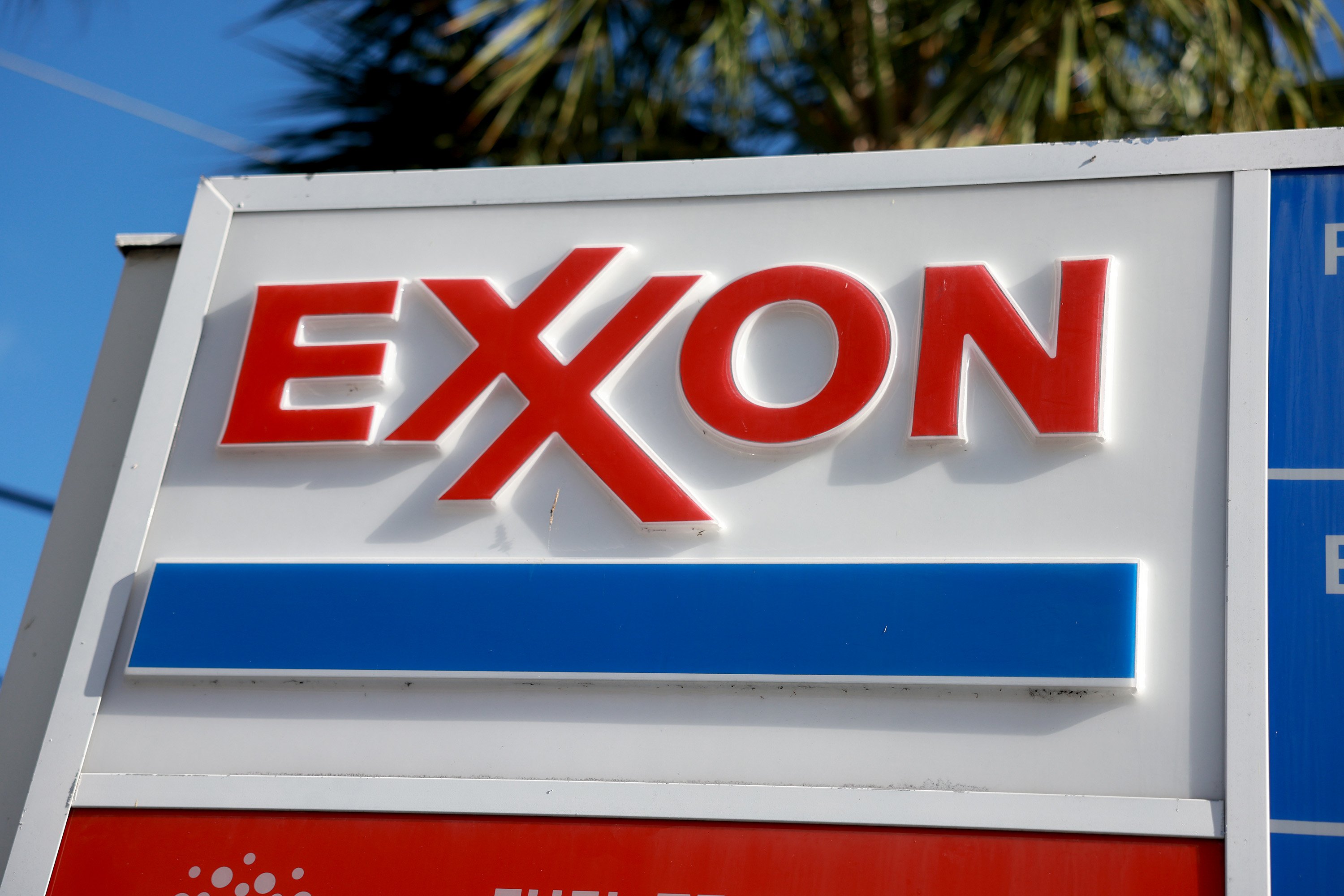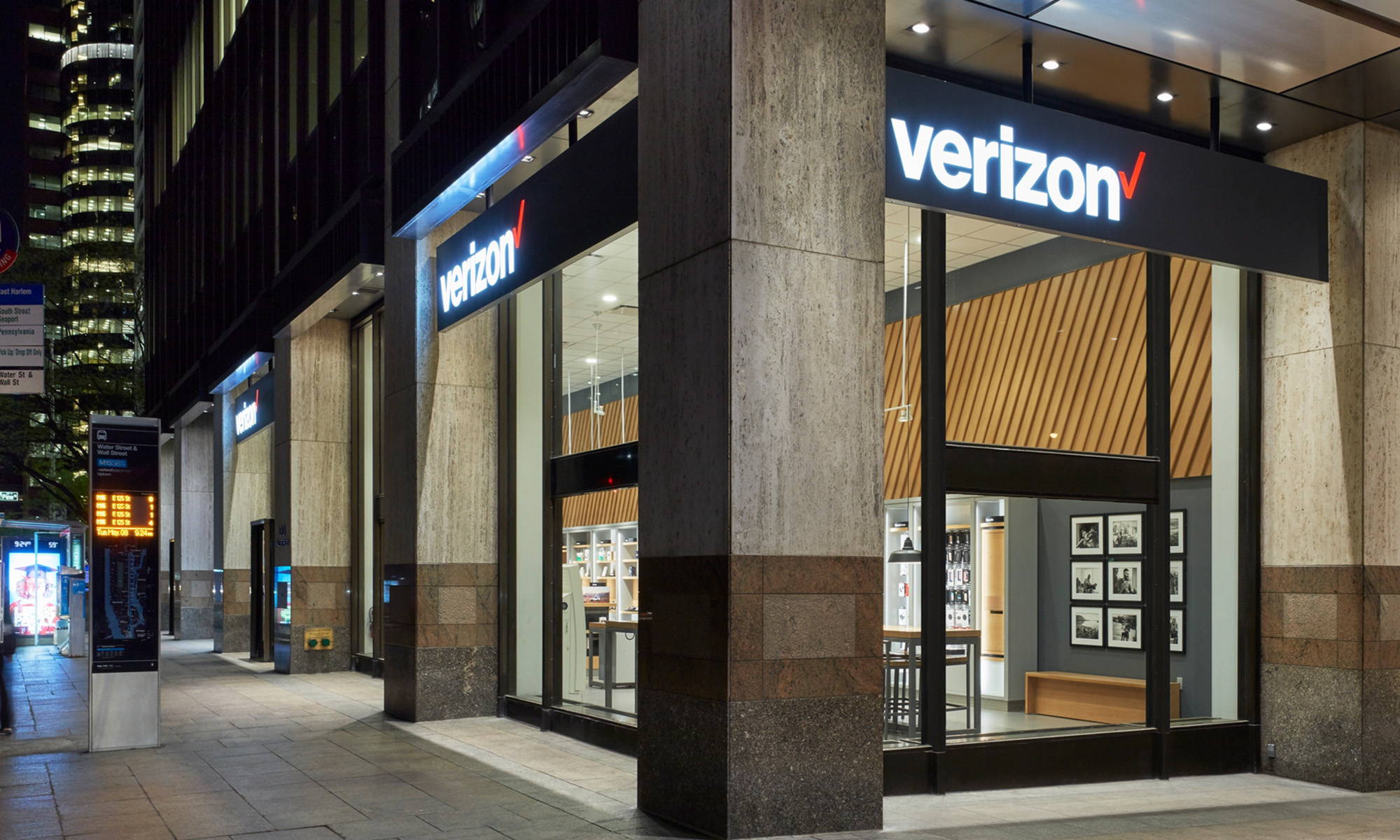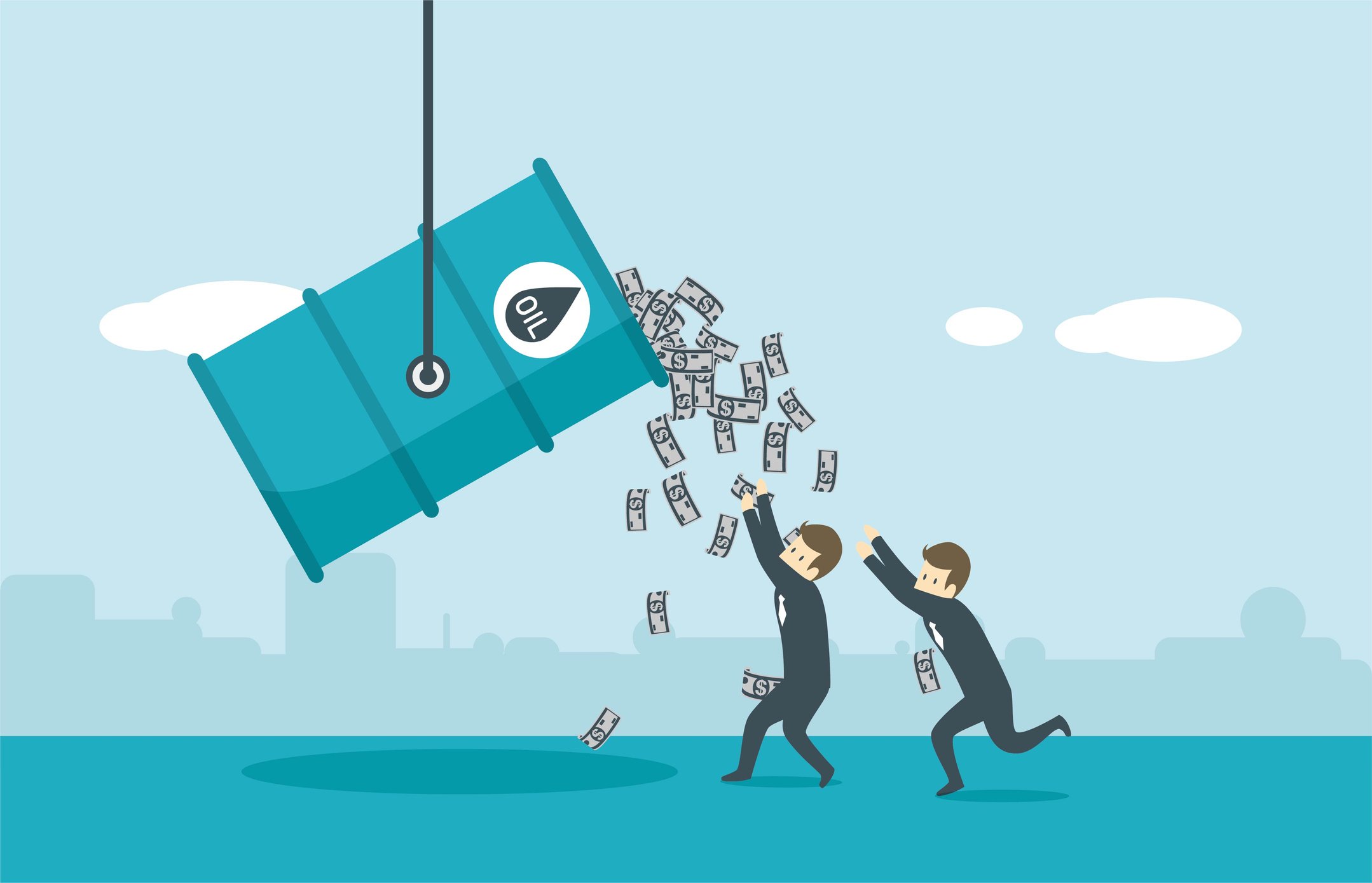
Photo credit: Flickr/Fernando Alvarado
History is filled with some of the most unlikely victors. We call them the underdogs. In Biblical times, we had David vs. Goliath. In sports, there was the 1980 USA Olympic hockey team against Russia. We even create fictional underdogs like Rocky Balboa. All of these stories end with the unlikely candidate coming out on top.
Hopes dashed
Not all stories end that well for the underdog. We thought we had another in the making when 47 Ecuadorean villagers sued the mighty Chevron Corporation (CVX +0.06%) and won. The small group of farmers and fisherman won an astounding $19 billion pollution judgment award against the company for pollution to the Amazon rainforest by an oil consortium where Texaco (since acquired by Chevron) was a minority partner from the 1960s through the early 1990s.
That payday was eventually reduced to $9.5 billion by the Ecuadorean National Court of Justices. However, that reduced ruling has now been struck down by a U.S. District Court, which ruled that the judgment issued in Ecuador was won by fraud committed by the legal team working on behalf of the Ecuadorians. It's a ruling that literally crushes their hopes of ever seeing a penny of the $9.5 billion award.
Why the tables have turned
The issue here really doesn't have anything to do with any pollution that occurred in the Amazon rainforest. Chevron has never operated in Ecuador. Instead, it was Texaco that had turned in its stake in the oil consortium in 1992 and paid around $40 million to clean up its share of the drilling contamination. The cleanup was overseen by the government of Ecuador, which certified it as completed and released Texaco of any further environmental liability. Because of this the U.S. court said that its ruling was under the assumption that there was pollution. However, while there certainly is a debate as to whether or not Texaco paid its fair share, that's not what this ruling was about.

Photo credit: Flickr/StockMonkeys.com
The reason that U.S. District Judge Lewis Kaplan overturned the award was because Chevron was able to provide compelling evidence that proved that the Ecuadorian judgment against the company was obtained through "corrupt means" according to Judge Kaplan. This included bribing a judge and ghostwriting court documents.
Chevron argued in its racketeering case against the Ecuadorian legal counsel that they were engaged in, "repeated acts of fraud, bribery, money laundering and obstruction of justice" all in an effort to obtain the multi-billion dollar settlement. The company said that the Judge in Ecuador was bribed with a promise of half a million dollars from the proceeds, and because of this they were allowed to ghostwrite the ruling and have their damage estimates submitted as the independent findings.
Key takeaway
While Chevron isn't out of the woods just yet, it did score a major court victory. In doing so it really crushed the hopes of these Ecuadorians. However, in this case there was compelling evidence that corrupt means were used to win. Judge Kaplan ruled that that's not the way to win, "regardless of whether the cause was just." That's a good lesson for us all to keep in mind, as fighting for a worthwhile cause must be accomplished by upholding an even higher ethical standard than the one we are seeking to see righted.






